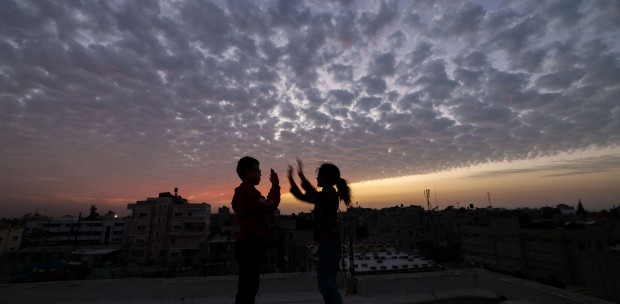EXPERTS said handing out cash or crediting money into the accounts of targeted recipients is the best way for the government to ensure financial assistance reaches low-income groups.
This was among the proposals by the Federation of Malaysian Consumer Associations (Fomca) regarding Prime Minister Datuk Seri Anwar Ibrahim's move to review subsidies so that they benefited targeted recipients.
Fomca chief executive officer Saravanan Thambirajah said the government could adopt a mechanism similar to Bantuan Keluarga Malaysia to distribute aid to low-income groups.
"Based on the data from the Inland Revenue Board, I believe the government knows people's income level and can determine the types of subsidies they are entitled to.
"Subsidies for food, as well as petrol and electricity, are priorities and they should be distributed in the form of cash.
"It is up to recipients on how they want to use the subsidies given to them."
He urged the government to obtain feedback from stakeholders to determine the best way to ensure the subsidies reached low-income groups.
"This is to avoid the government from being 'attacked' by people who thought they are eligible but did not receive the subsidies."
Saravanan also proposed that the government consider allocating more privileges to people in the middle 40 per cent income category since many of them had dropped into the bottom 40 per cent (B40) income category.
He added that the government could consider providing electricity subsidy as there was a possibility of surcharge given the high global prices of coal.
Saravanan said the government had to tread carefully as the removal of any subsidy would have an impact on inflation, which was expected to rise.
This, he said, would also affect the consumer purchasing index, resulting in a decline in people's purchasing power.
Centre for Market Education chief executive officer Dr Carmelo Ferlito called on the government to roll out proportional purpose vouchers according to different income segments as a form of targeted assistance.
"This means different income brackets will receive vouchers of different amounts (based on their wages) to be spent on goods and services.
"For example, if I am in the B40 group, then the government could consider giving me a voucher for public transportation.
"If I live near my workplace and do not need the voucher, I may sell it to someone who requires more vouchers.
"This will create a vibrant market for the vouchers and will serve as a bottom-up solution to tackle cost-of-living issues," he said.
A resident of a Muhibah People's Housing Programme, who identified himself only as A. David, agreed with Saravanan's proposal for the government to consider giving out cash aid to big families, especially those with young schooling and growing children.
This, he said, would ensure
the subsidies reached targeted recipients and mitigated the rise in the cost of living for the B40 group.
"Education is costly. It is not so much the fees, but the costly part is buying revision books and practice materials," he said.
"For arts subjects, students are required to buy painting palettes, brushes, art paper and watercolour paints, which can cost more than RM30."
He added that education was a huge factor in how children turned out as adults and the new administration should give education more emphasis.
Anwar, on Sunday, had announced that the government was reviewing the subsidies programme to ensure that money was channelled to and benefited low-income groups.
He added that subsidies must be targeted to ensure that they would only be enjoyed by the low-income groups and not the wealthy.
Anwar has given government agencies two weeks to review the implications of narrowing the subsidies. Additional reporting by Kalbana Perimbanayagam





